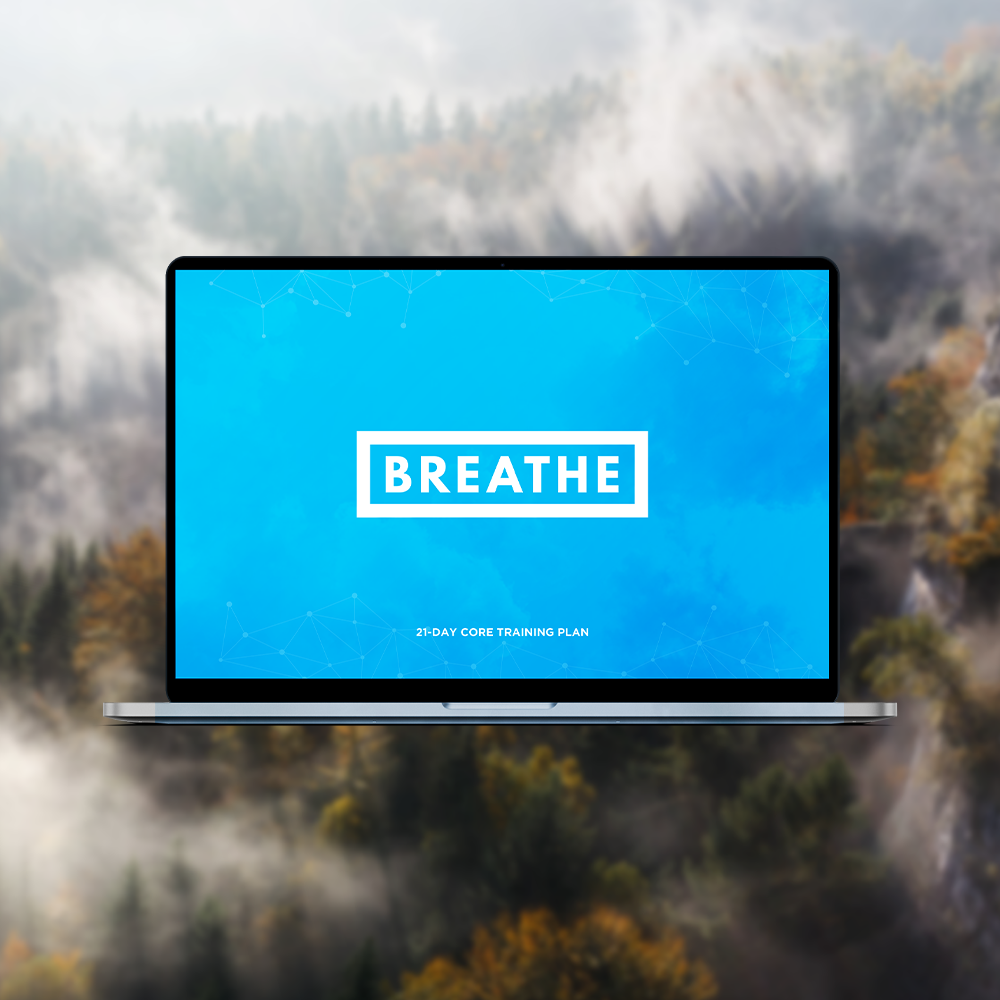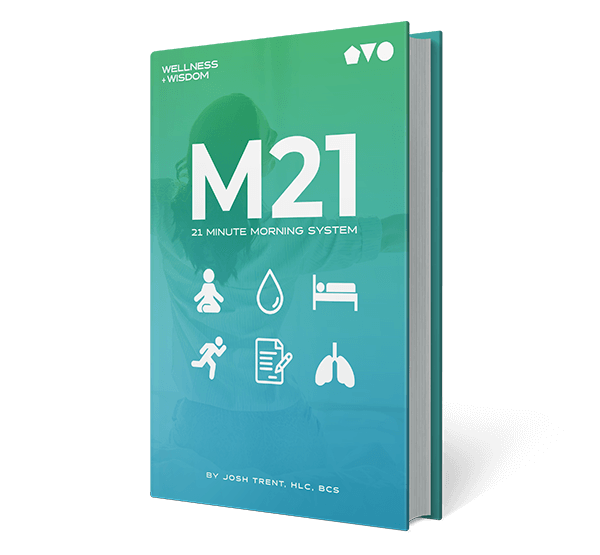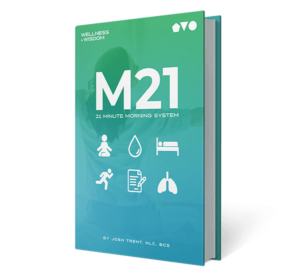 Overcoming cocaine addiction is no easy task. Cocaine addiction is a serious condition that affects many individuals around the globe. While some people may believe they can overcome this addiction without professional help, the journey is filled with challenges. Many individuals try to beat their cocaine addiction alone, without attending rehab. But there are many obstacles between quitting cold turkey and staying clean.
Overcoming cocaine addiction is no easy task. Cocaine addiction is a serious condition that affects many individuals around the globe. While some people may believe they can overcome this addiction without professional help, the journey is filled with challenges. Many individuals try to beat their cocaine addiction alone, without attending rehab. But there are many obstacles between quitting cold turkey and staying clean.
Table of Contents
Understanding Cocaine Addiction
Cocaine addiction is both a physical and psychological condition that profoundly impacts an individual's brain and behavior. Physically, cocaine stimulates the central nervous system, leading to a heightened sense of euphoria, increased energy, and decreased appetite. However, these effects are short-lived, prompting users to take more of the drug to maintain the high, which can quickly lead to addiction.
Psychologically, cocaine creates a strong dependency as the brain starts to crave the dopamine surge that the drug provides. Over time, users need higher doses to achieve the same effects, leading to a vicious cycle of addiction. The impact on the brain can include impaired decision-making, increased risk-taking behavior, and severe mood swings.
Challenges of Self-Recovery
1. Managing Withdrawal Symptoms
One of the most significant challenges in overcoming cocaine addiction without professional help is managing withdrawal symptoms. These symptoms can be severe and include fatigue, depression, increased appetite, insomnia, vivid unpleasant dreams, and intense cravings for the drug. Without medical supervision, these symptoms can be overwhelming, leading to a high risk of relapse.
2. Dealing with Cravings and Triggers
Cravings and triggers are another major hurdle. Triggers can be anything from stress to social situations where drug use is prevalent. Managing these without professional guidance can be incredibly challenging. Techniques such as cognitive-behavioral therapy (CBT), which are commonly used in professional settings, can be challenging to implement effectively without trained assistance.
3. The Risk of Relapse Without Professional Guidance
The risk of relapse is significantly higher when attempting to quit cocaine without rehab. Professional rehab centers offer structured environments free from temptations and triggers, making it easier to maintain sobriety. They also provide continuous support and monitoring, which are critical during the early stages of recovery.
The Role of Support Systems
1. The Importance of Family and Friends
Having a solid support system of family and friends can make a significant difference in the recovery process. Emotional support, encouragement, and accountability are essential components of recovery. However, loved ones may not always understand the complexities of addiction or how best to support someone going through withdrawal and cravings.
2. Community Resources and Support Groups
Community resources and support groups, such as Narcotics Anonymous (NA), can provide invaluable support. These groups offer a sense of community and shared experience, which can be motivating and reassuring. However, the lack of professional guidance in these settings can sometimes limit their effectiveness.
3. Online Resources and Virtual Support
Online resources and virtual support groups have become more accessible, offering forums, chat rooms, and virtual meetings. These can provide additional layers of support and information. Nevertheless, they cannot replace the comprehensive care and supervision provided by professional rehab programs.
Comparing Self-Recovery to Professional Rehab
Benefits of Professional Treatment
Professional treatment provides a structured and supportive environment essential for effective recovery. Rehab centers offer medical supervision, therapeutic interventions, and holistic care tailored to the individual's needs. This comprehensive approach significantly reduces the risk of relapse and supports long-term recovery.
The Comprehensive Approach of Rehab Programs
Rehab programs combine detoxification, therapy (such as CBT and group therapy), and holistic treatments (such as yoga and meditation) to address all aspects of addiction. This multifaceted approach ensures that individuals receive the care they need to overcome both the physical and psychological components of addiction.
Success Rates of Rehab vs. Self-Recovery
Studies have shown that individuals who undergo professional rehab have higher success rates in achieving and maintaining sobriety compared to those who attempt self-recovery. The structured environment, continuous support, and comprehensive care provided in rehab significantly contribute to these higher success rates.
Real-Life Stories and Case Studies
Many individuals who have attempted to overcome cocaine addiction without rehab have faced significant challenges and setbacks. Personal accounts often highlight the difficulties of managing withdrawal symptoms and cravings without professional support. In contrast, those who have undergone professional rehab frequently report more successful and sustained recoveries.
For example, a person who struggled with cocaine addiction for years found that only after entering a cocaine addiction treatment program did they manage to achieve lasting sobriety. They noted that the medical supervision, structured environment, and continuous support were crucial in their recovery journey.
Choosing to go to rehab for cocaine addiction is a pivotal decision that can significantly enhance the chances of successful recovery. While self-recovery is theoretically possible, the challenges and risks associated with it are substantial. Professional rehab offers a comprehensive, structured, and supportive approach that addresses all aspects of addiction, providing individuals with the best possible chance of overcoming cocaine addiction and restoring their health.









